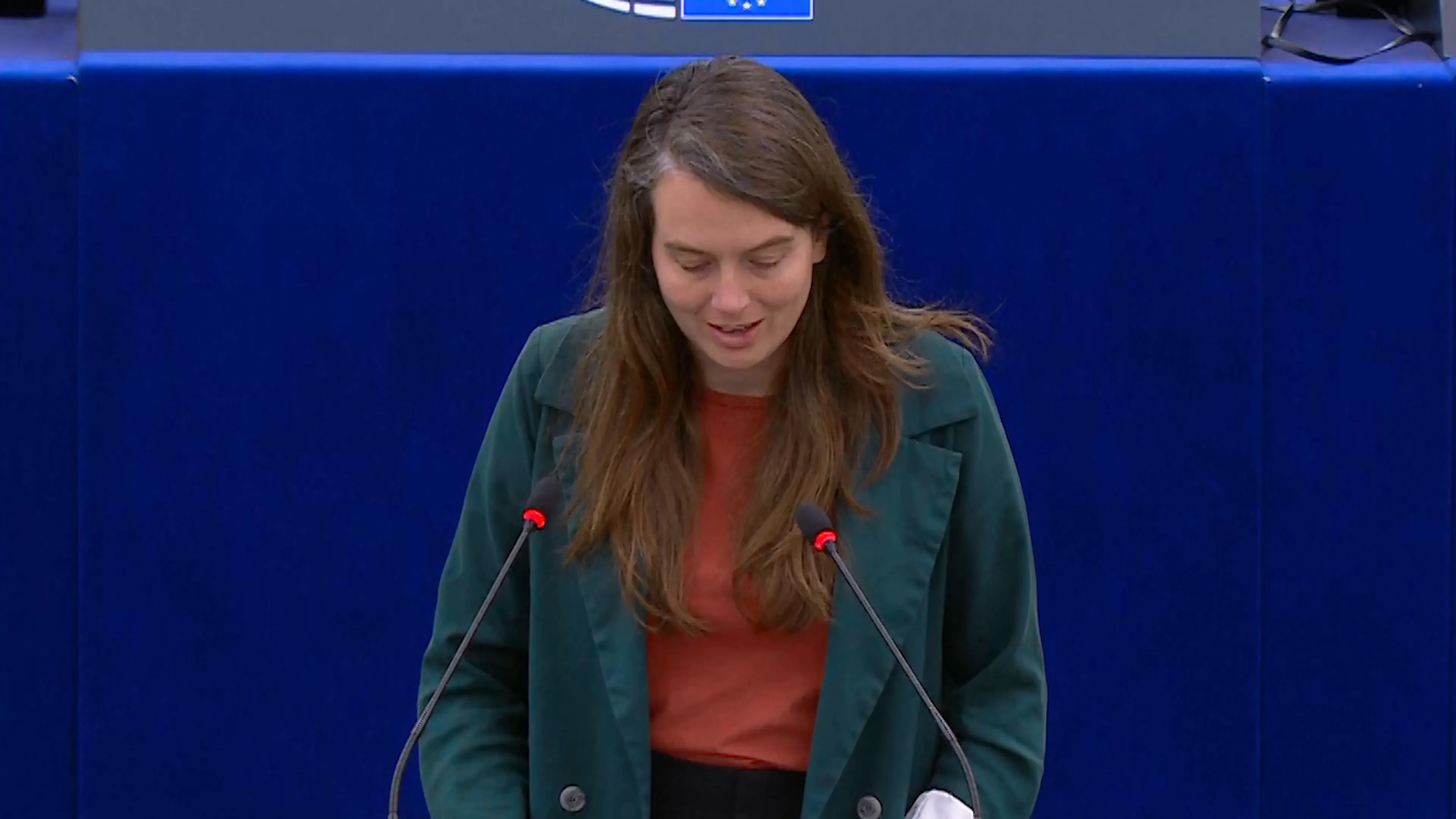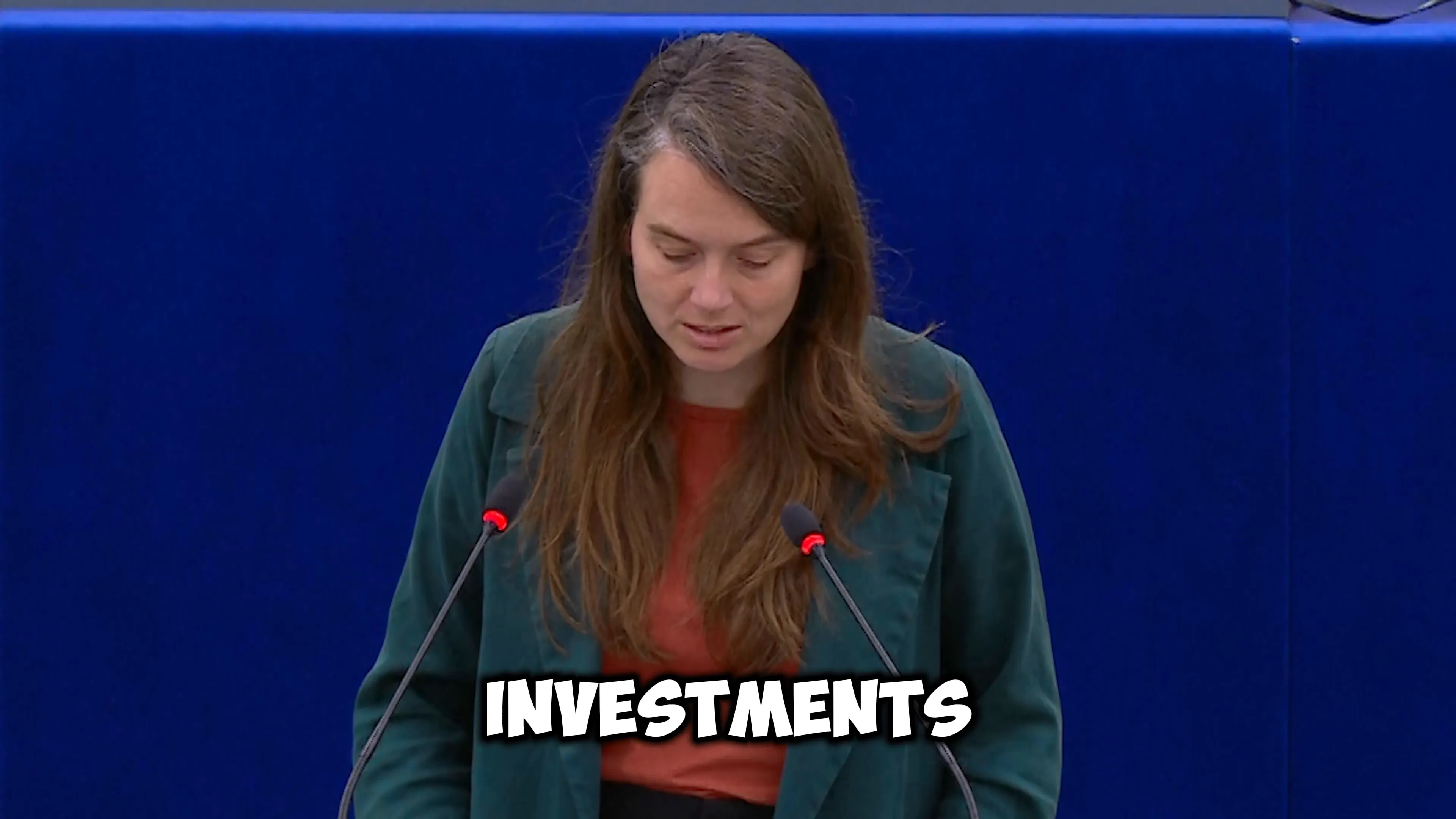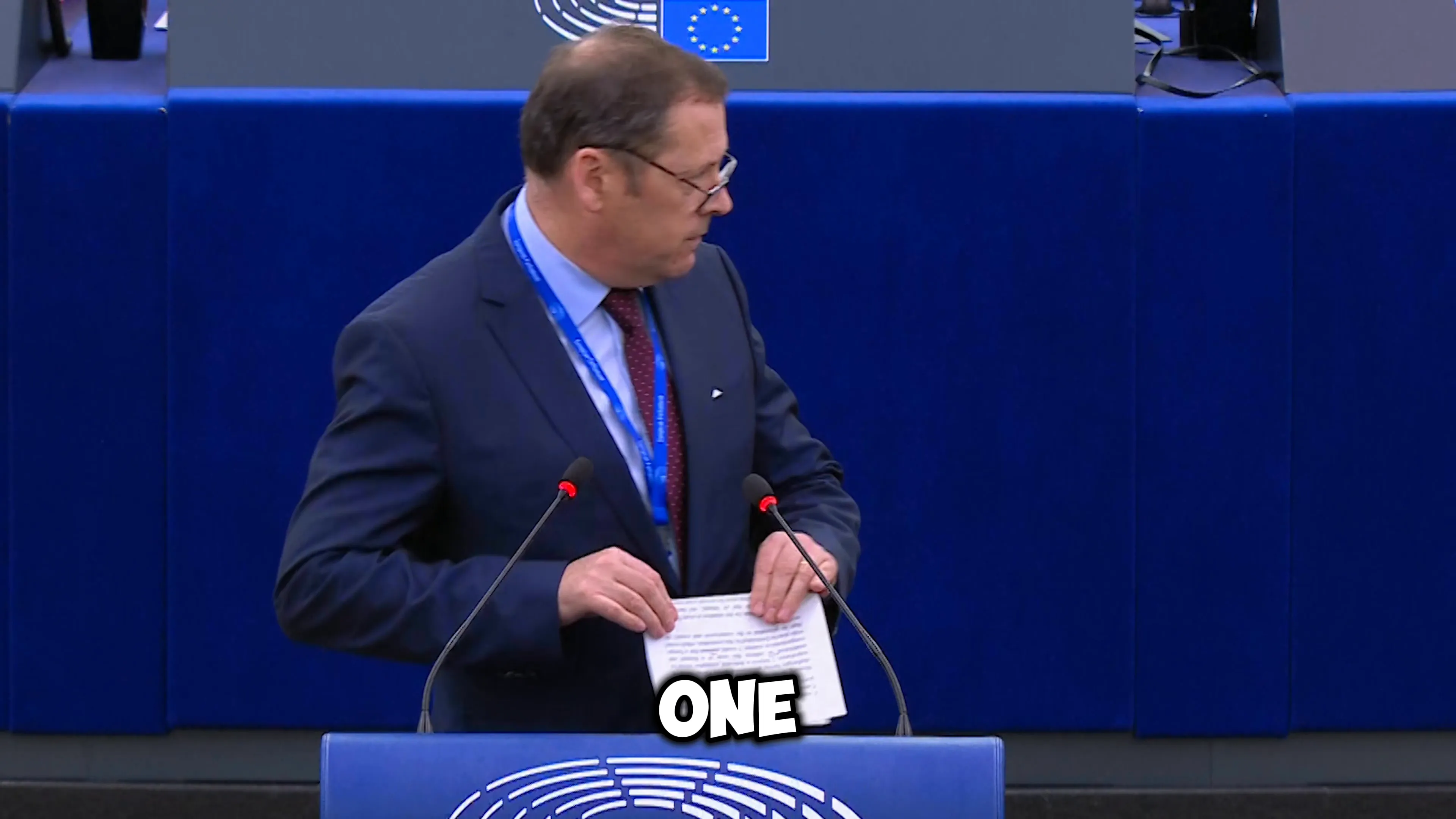Housing remains (1) of the most pressing issues across Europe—rising rents and increasing homelessness affect millions. The right to housing is not just a political statement; it is a fundamental human right (2) that requires urgent attention. In this blog, we will explore the various facets of the housing crisis (3): the implications of rising rents and the need for comprehensive solutions to ensure that all citizens have access to decent, affordable housing. However, the challenges are significant (4) because they intertwine with economic, social and political factors; this complicates the search for effective remedies. Although many advocate for change, real progress often remains elusive, but it is essential for the well-being of society.
The Current State of the Housing Market
The housing supply crisis (is) significant challenge in many EU member states. Between 2010 and 2022, EU residential property prices surged (by) staggering 47%. This sharp increase is not merely a statistic; it reflects reality that millions of European citizens can no longer afford a home. In Ireland, for example, average rent has reached €2,300 per month, leaving many young people without hope of home ownership. However, this situation raises questions about how governments can address such pressing issues, because urgent action is required. Although solutions may seem elusive, tackling these challenges is imperative for the future of housing in Europe.
The (situation) is dire: over 4,400 children in Ireland (are experiencing) homelessness. This figure represents not just a statistic, but (also) a profound social issue. These children are deprived of stable living conditions crucial for their development. The consequences of this crisis extend beyond individual families; they pose significant risks of poverty and economic instability (because) of the broader implications for communities. However, addressing this issue is essential, although challenges persist.

The Human Right to Housing
Housing (is) a human right: recognized as such in various international agreements. It (is) essential for individuals to have safe and stable homes from which they can address other life challenges—such as employment and education. However, the current housing policies and market dynamics often prioritize profit over people. This leads to a situation where homes are seen as commodities (rather than) fundamental necessities, although many argue that such a perspective overlooks the inherent value of shelter.
In numerous instances, housing is regarded (by some) as simply financial asset. This (particular) approach has resulted in speculative investments that inflate prices and rents, rendering it increasingly challenging for average citizens to obtain affordable housing. The EU must take a stand—and promote housing as a right—implementing policies that prioritize needs of individuals and families over interests of investors. However, this shift is essential because it addresses the fundamental issue of accessibility. Although some may argue otherwise, the necessity for affordable housing remains paramount.

Rising Rents: A Growing Concern
The rise in rents is not just (a) issue for low-income households; it increasingly affects middle class as well. In many urban areas, individuals and families are (being) forced to spend more than half of their income on housing—severely limiting their financial stability. This situation creates (a) cycle of poverty and social exclusion, because many are unable to save for the future or invest in their children’s education. However, this reality is troubling, although some may argue that it is simply (an) economic consequence of demand.
In Ireland (the implications of this crisis are particularly stark). Many young Dubliners have resigned themselves to the fact that home ownership is out of reach; leading to a sense of hopelessness among a generation that deserves better. The government must act decisively (to address this issue) because the current trajectory is unsustainable and detrimental to society as a whole. However, it is essential to recognize that change is possible, although it requires collective effort and commitment. This reality, although daunting, should not deter action, but instead inspire it.

Addressing the Housing Crisis: A European Responsibility
While (the) Irish government may be quick to blame the EU for its housing failures, the reality is that solutions must come from multiple levels of governance. Effective action requires collaboration between local, national and European authorities; however, the EU has a crucial role to play in providing support and resources to member states grappling with housing crises. This is essential because without such cooperation, meaningful progress is unlikely. Although some may argue otherwise, it is clear that addressing these challenges necessitates a multifaceted approach.
One (of the) first steps is to curb speculative investments that (often) drive up housing prices. The EU must implement stricter regulations to ensure that investments in housing contribute to long-term affordability; however, they often exacerbate the crisis. Additionally, public investment in social housing is essential (because) it provides a safety net for those in need (although) this can be challenging.

Childhood and Housing Stability
The impact (of housing instability) on children is profound (and far-reaching). Studies have shown that when families (spend) more than half of their incomes on housing, their children’s academic performance suffers; this correlation underscores the importance of stable housing for healthy child development. The EU must prioritize policies that ensure all families have access to affordable housing, enabling children to thrive. However, without such measures, the cycle of instability continues, because it directly affects future generations. Although many recognize this issue, action is often slow.
Moreover, the concept of “Housing First” (should be) at the forefront of strategies to address homelessness. This approach recognizes that securing stable housing is (the) first step in helping individuals and families overcome other challenges, such as unemployment or substance abuse. By shifting our mindset and prioritizing housing, we can create a pathway for many to improve their lives; however, this requires a commitment to understanding the complexities involved. Although some may argue otherwise, the importance of stable housing cannot be overstated (because) it serves as a foundation for personal recovery and growth.

The Role of Legislation and Policy Changes
Legislation (indeed) plays a crucial role in shaping housing policy and addressing the crisis. The EU must establish a dedicated committee focused on housing to create a comprehensive plan that addresses multifaceted aspects of the housing crisis. This committee should collaborate with member states (because) it can devise strategies that cater to their unique challenges, however, aligning with broader EU goals. Although the task is daunting, this initiative is necessary for effective solutions.
It is also essential (to review) state aid rules to ensure they do not hinder member states from addressing housing emergencies. Flexibility and support at all levels of governance are necessary to deliver decent, affordable housing for all citizens. The EU must take decisive action; however, to protect citizens from foreclosures and evictions (while promoting) social housing initiatives.

Energy Efficiency and Housing Affordability
As we strive for affordable housing, we must also consider (the importance of) energy efficiency. The rising costs of energy can further burden households (especially those already struggling to make ends meet). Policies that focus on energy-efficient renovations (and sustainable housing solutions) can help alleviate some of these financial pressures, however, the implementation of such policies can often be challenging. Although there are numerous benefits, achieving energy efficiency is not without its obstacles. This is particularly true because the initial investment may deter some homeowners from making necessary changes.
Addressing energy poverty (1) is critical concern for socially acceptable transition to sustainable living. The EU’s social climate fund should support vulnerable households in making energy-efficient renovations; however, this reduces their overall housing costs. Although this approach not only promotes affordability, it also contributes to the EU’s broader environmental goals (because of its long-term benefits).

Conclusion: A Call for Urgent Action
The housing crisis (in Europe) is complex issue that requires immediate and comprehensive solutions. As we strive to make housing accessible and affordable for all, we must remember that homes are not just investments; they are essential for human dignity and well-being. The EU must prioritize housing as a fundamental right (and take decisive action) to ensure that every citizen has a place to call home. However, this situation is challenging (because) various factors contribute to the problem, including economic instability and policy shortcomings. Although solutions exist, implementing them effectively is crucial.
Only through (collaborative) efforts and commitment to prioritizing people over profit can we hope to address (the) housing crisis. The time for action is now; it is imperative that we work together (to create) a future where everyone has access to safe, stable and affordable housing. However, this requires dedication, because change does not happen overnight. Although challenges persist, we must remain steadfast in our pursuit of solutions (that) benefit all.
